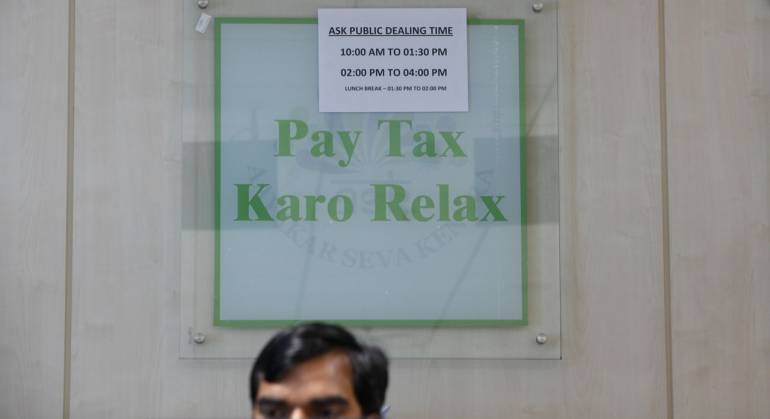
Finance Minister Nirmala Sitharaman has proposed closing the buyback route used by corporates to avoid paying taxes. Earlier, corporates used to prefer using the buyback route after the government levied a dividend distribution tax of 10 percent in 2007, which was further hiked by a similar quantum in 2016.
In the last three years, more than 170 companies have bought back shares worth Rs 1.33 lakh crore. A number of IT sector companies including Infosys, Wipro, and Tata Consultancy Service have in the recent past announced big buybacks.
Finance Minister Nirmala Sitharaman has now plugged this loophole by taxing buybacks at the rate of 20 percent, similar to those applicable on unlisted companies.
So, why the delay in plugging this route? A senior official from the Income Tax Department said, “We have made a case last year itself. But as the government introduced long term capital gains, it delayed the same by a year.”
While making the case to levy a tax on buybacks, Sitharaman said, “In the past, unlisted companies preferred this route to avoid taxes as the capital gains tax was lower than the rate of DDT. However, instances of similar tax arbitrage have now come to our notice in the case of listed shares as well. To curb this practice, the existing anti-abuse provision under Section 115QA of the Act, pertaining to buy-back of shares from shareholders by companies not listed on a recognised stock exchange, is proposed to be extended to all companies including companies listed on a recognised stock exchange.”
The move to to levy a 20 percent tax on buybacks would remove the tax arbitrage viz-a-viz declaring a dividend, Anil Choudhary, Partner, Finsec Law Advisors, said. “This would be good for shareholders as now more companies would issue dividends rather than buybacks. So, shareholders would now be able to earn dividends without having to tender their shares in a buyback to reap the rewards.”
[“source=moneycontrol”]
